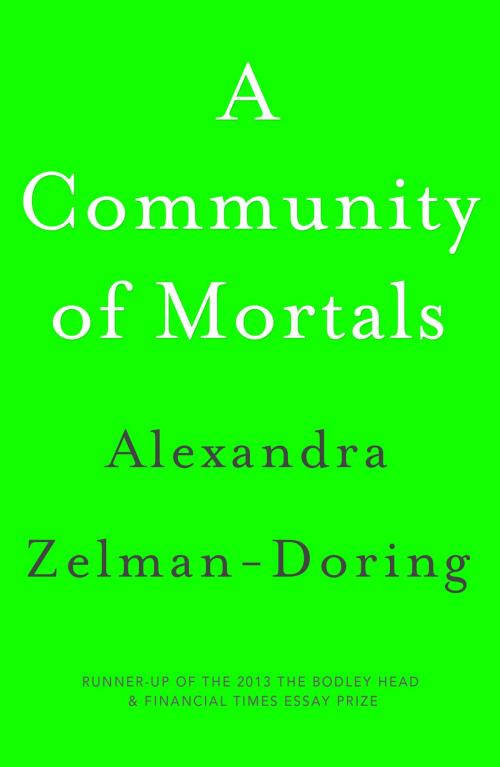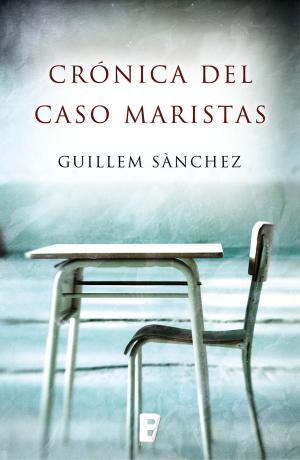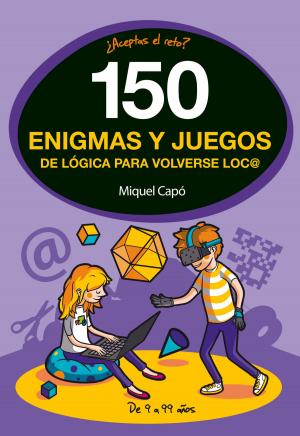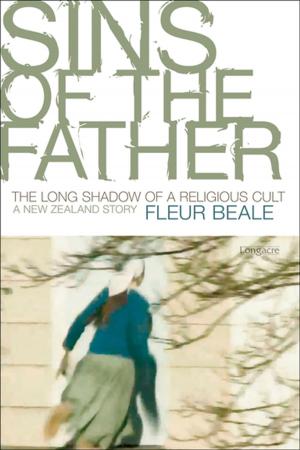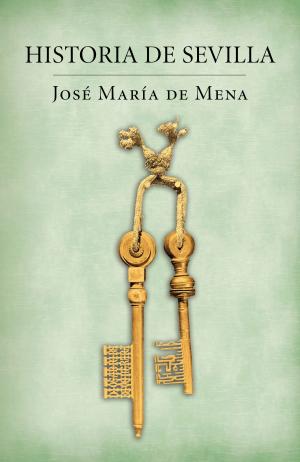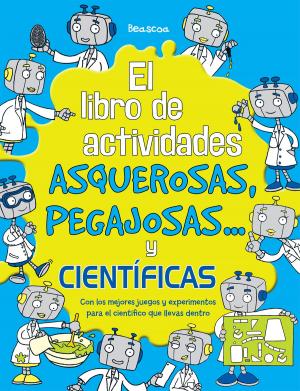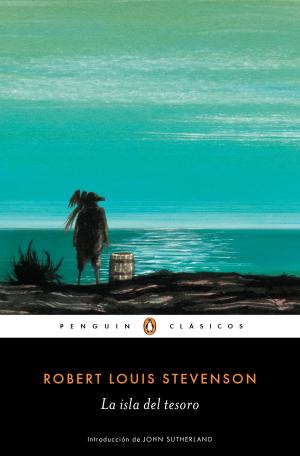A Community of Mortals
Fiction & Literature, Poetry, Nonfiction, Health & Well Being, Medical, Biography & Memoir| Author: | Alexandra Zelman-Doring | ISBN: | 9781473511583 |
| Publisher: | Random House | Publication: | January 30, 2014 |
| Imprint: | Vintage Digital | Language: | English |
| Author: | Alexandra Zelman-Doring |
| ISBN: | 9781473511583 |
| Publisher: | Random House |
| Publication: | January 30, 2014 |
| Imprint: | Vintage Digital |
| Language: | English |
What is it like to have someone die in your arms? Can we return from the dead? And why has nobody heard of therapeutic hypothermia?
Forced to come to terms with doctors pronouncing her husband ‘clinically dead’, Alexandra Zelman-Doring embarks on an exploration of what death means to us and how we might face it. Initally she is overwhelmed by the difficulty of accepting the loss of a loved one, and the anger, sadness and sense of isolation that it brings. But her suffering pushes her towards a life-store of reading, and here she finds words with which to contemplate death; from Turgenev on death as an ‘unanswerable reproach’ to Norbert Elias on the extraordinary collective will to endure it.
Equally inspiring are the true stories of unlikely survivors: from a species of frog whose organs stop, frozen, throughout the winter, only to stir back to life in the spring, to Anna Bagenholm whose iced brain and body held out against all odds after a fatal accident. These incidents inform a development in medical science where cardiac arrest is treated with ‘therapeutic hypothermia’, in some cases allowing the body to last without oxygen just long enough for doctors to return the near-dead to life.
What is it like to have someone die in your arms? Can we return from the dead? And why has nobody heard of therapeutic hypothermia?
Forced to come to terms with doctors pronouncing her husband ‘clinically dead’, Alexandra Zelman-Doring embarks on an exploration of what death means to us and how we might face it. Initally she is overwhelmed by the difficulty of accepting the loss of a loved one, and the anger, sadness and sense of isolation that it brings. But her suffering pushes her towards a life-store of reading, and here she finds words with which to contemplate death; from Turgenev on death as an ‘unanswerable reproach’ to Norbert Elias on the extraordinary collective will to endure it.
Equally inspiring are the true stories of unlikely survivors: from a species of frog whose organs stop, frozen, throughout the winter, only to stir back to life in the spring, to Anna Bagenholm whose iced brain and body held out against all odds after a fatal accident. These incidents inform a development in medical science where cardiac arrest is treated with ‘therapeutic hypothermia’, in some cases allowing the body to last without oxygen just long enough for doctors to return the near-dead to life.
